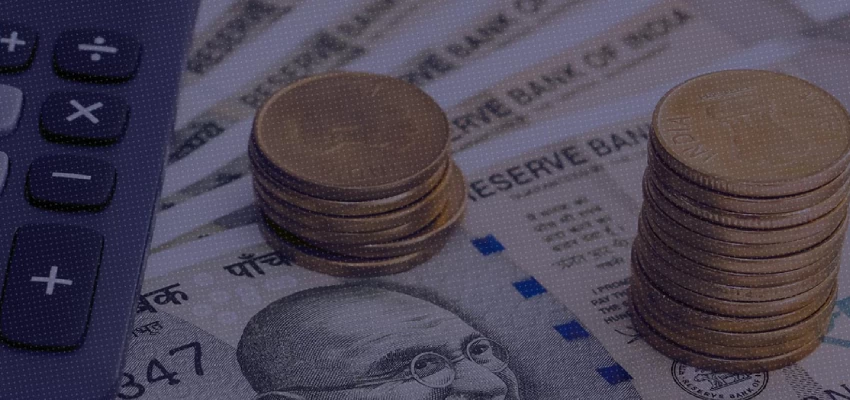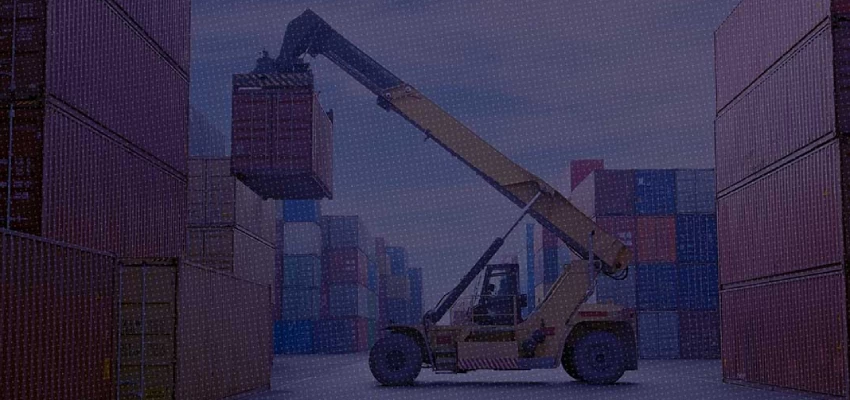The Government has with effect from 19 November 2022 rolled back export duty on iron ore pellets and steel products, including pig iron, flat-rolled products of carbon steel and stainless steel, bars, rods and non-alloy steel, vide Notification No. 58/2022-Customs, dated 18 November 2022. Export duty on iron ores with a grade higher than 58% has been reduced from 50% to 30%, while the lower grade iron ores no longer attract export duty restoring back the exemption granted up to 21 May 2022.
The duty on export of iron ore pellets and select steel products was imposed with effect from 22 May 2022, and parallelly, the duty on export of iron ores and concentrates were increased with the objective of checking on the rising steel prices in the Indian market, addressing shortages and curbing inflation. The move to roll back the export duty within a period of six months is taken considering the stability in domestic prices of the steel products and taking all stakeholders concerns into account, in view of the fact that the inventory of steel products has risen drastically, and India became net importer of steel in October 2022 due to curtailed exports.
Levy of export duty
Export duty is levied on goods exported from India in terms of Section 12(1) of the Customs Act, 1962 at the rates specified under the Second Schedule to the Customs Tariff Act, 1975. The rate of export duty can be increased in terms of Section 8(1) of the Customs Tariff Act by way of issuance of notifications for carrying out any amendment in the existing entries in the Second Schedule. Similarly, notifications can be issued in terms of Section 25(1) of the Customs Act for granting exemption from payment of export duty, as provided under the Second Schedule.
Previously, Notifications Nos. 28/2022-Customs and 29/2022-Customs, both dated 21 May 2022 were issued for imposition of export duty on the subject goods, by way of amending the Second Schedule and Notification No. 27/2011-Customs dated 1 March 2011, respectively. Now, in order to roll back the export duty, Notification No. 58/2022-Customs, dated 18 November 2022 has been issued.
While the industry is rejoicing over Government’s decision to roll back hefty duty on export of steel and its inputs, some of the issues that may have arisen during the short duration of these six months are worth pondering.
Valuation of export goods
When the export duty was introduced back in May 2022, many exporters were taken by surprise and were finding it difficult to shell out duty ranging from 15% to 50% on export goods. Therefore, to honour the export commitments, they negotiated with their customers for claiming partial or total reimbursement of export duty. A question therefore arose as to whether export duty was to be calculated by including the amount recovered from customers towards payment of such duty?
Circular No. 18/2008-Cus., dated 10 November 2008 clarified that for the period up to 31 December 2008, Export duty was calculated by taking the free on board (‘FOB’) price declared by the exporter as the cum-duty price and working backwards from the FOB price. Therefore, if exporter received INR 100 and goods were subjected to export duty @ 10%, then the exporter was required to discharge INR 9.09 [i.e., 100*(10/110)] however, w.e.f. 1 January 2019, the duty is to be calculated on transaction value under Section 14 of Customs Act. Resultantly, in the above example, the exporter would be liable to discharge export duty of INR 10 [i.e., 100*10%].
As per Section 14(1) of the Customs Act, export duty is payable on the transaction value i.e., price actually paid or payable for the goods when sold for export from India for delivery at the time or place of exportation, and the liability for discharging such duty is cast upon the exporter in terms of Section 51(1). At this juncture, it is pertinent to examine if the duty is payable on the amount collected as ‘export duty’ by express indication of such amount in the invoice and shipping bills, over and above the consideration for the goods sold.
It may be pertinent to note that the Tribunals have decided the matters in favour of the Revenue by holding that the law does not allow abatement of duty element from the FOB price in determining the transaction value for the purpose of assessment of Export duty. The issue is pending before the Supreme Court for final disposal (Civil Appeal No. 9844 - 9888/2010 in the case of Sesa Goa Ltd.). It is to be seen if the outcome of this judgment will have any bearing on the exporters who have claimed reimbursement of export duty from their customers, over and above the FOB price.
Determination of ‘Fe’ content
The duty on export of iron ores depends upon its grade and hence the method of determination of iron (Fe) content in the ore is crucial. The Board in its Circular No. 4/2012-Cus., dated 17 February 2012 noted the observations made by the Apex Court in the matter of UoI v. Gangadhar Narsingdas Aggarwal [1997 (89) E.L.T. 19 (S.C.)] to clarify that for the purpose of charging of export duty the assessment of iron ore for determination of Fe content shall be made on Wet Metric Ton (WMT) basis and not on the basis of Dry Metric Ton (DMT).
Though, the issue in respect of determination of Fe content was settled by the Apex Court (supra), divergent practices for calculation of Fe content and charging Export duty are still being followed by Customs formation. The exporters also face challenges in determination of exact Fe content as there is a considerable lapse of time between drawing of sample by the Customs department and its test report and the loss of moisture throws a distorted picture of the Fe content in the ores.
Denial of export benefits
Some of the export related benefits such as Remission of Duties and Taxes on Export Products (‘RoDTEP’) scheme or refund of unutilised Input Tax Credit (‘ITC’) are restricted for goods that are subject to export duty. Para 4.55 of the Foreign Trade Policy categorizes export transactions/exporters in respect of which rebate under RoDTEP Scheme is not available and clause (iii) bars rebate for export products that are subject to export duty.
The Second Proviso to Section 54(3) of the Central Goods and Services Tax Act, 2017 restricts refund of unutilized ITC in cases where the goods exported out of India are subjected to Export duty. On this aspect, the Orrisa High Court in National Ventures Pvt. Ltd. v. UoI [2022 (61) G.S.T.L. 395 (Ori.)] has relied upon the clarification from the Board vide Circular No. 160/61/2021-GST, dated 20 September 2021 to hold that exported goods levied to Nil rate of duty cannot be considered to be subjected to any export duty and refund of accumulated ITC would be admissible.
These restrictions not only add to the cost of goods sold in the hands of the exporters, but also end up in a scenario where the domestic taxes and levies end up getting exported, which is contrary to the well settled principle in foreign trade.
Import duty on inputs
Notification No. 59/2022-Customs, dated 18 November 2022 has been issued for withdrawal of exemption from payment of Basic Customs Duty on import of Anthracite and Pulverized coal injection (‘PCI’) Coal, Coke & Semi coke and Ferronickel, while Notification No. 59/2022-Customs dated 18 November 2022 is issued for withdrawal of Agriculture Infrastructure and Development Cess exemption on import of Anthracite, PCI Coal and Coking Coal.
A section of the industry is disappointed on the decision to restore duty on import of raw materials used for manufacture of articles of steel, ranging from 2.5% to 5%. The industry is of the view that there has been an uptrend in the international prices of these raw materials and hence imposition of non-creditable import duty on these products may ultimately result in increased manufacturing costs.
Parting remarks
While the Government has taken a conscious call for imposition of export duty on iron ore and some of the steel intermediaries, the consequence of such levy may have a far-reaching impact on the trade, industry and the economy as a whole. Increase in the cost of critical inputs such as steel due to inefficient tax structure may not only increase the expenditure on Government’s infrastructural projects but also adversely impact private investments, even after the rollback of export duty. The exporters of the products that have been subjected to export duty are advised to make representations to the Government so as to avoid any unintended adverse implications arising from such levy.
[The authors are Senior Partner and Associate Partner, respectively, in the Indirect Tax Advisory practice at Lakshmikumaran & Sridharan Attorneys, Bengaluru]












